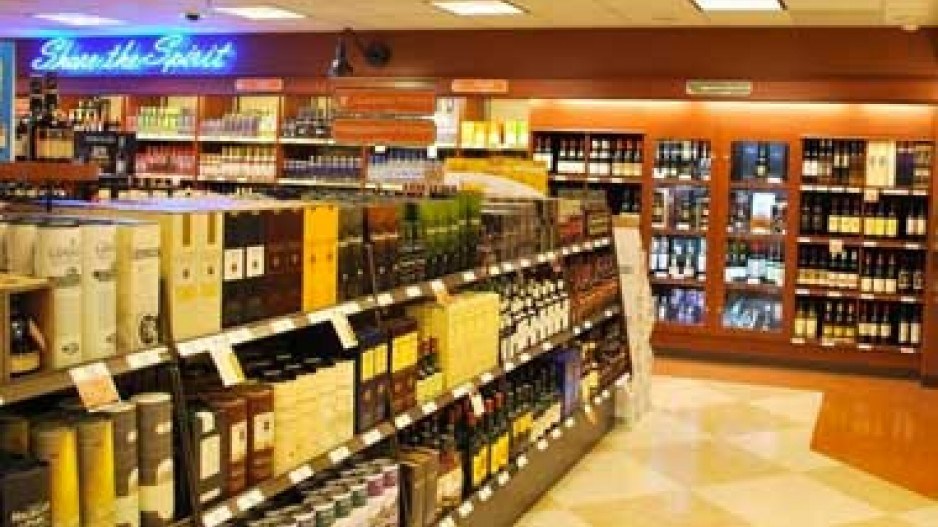Treasury Board and Cabinet reports obtained by Business in Vancouver show the provincial government seriously considered privatizing B.C. liquor stores late last year and early this year.
Heavily censored versions of a December 12, 2011, Cabinet paper called Liquor Retail and Distribution Model Options and a January 18, 2012, Treasury Board submission called Options for the Distribution of Liquor were originally released in June by the Public Safety and Solicitor General ministry via Freedom of Information. The visible information, however, was already publicly available in Liquor Distribution Branch financial reports and service plans.
A BIV appeal to the Office of the Information and Privacy Commissioner caused the government to reconsider its censorship. This week a less-redacted version was released that shows the sale of the 197-outlet chain of BC Liquor Stores was on the table.
"The current B.C. liquor distribution model is a mixed public-private retail/wholesale model," said the report. "There have been several reviews over the past decade, resulting in incremental increases in private sector retailing."
Under the heading "opportunity," the document says: "The value of a licence to sell retail liquor has significant value due to the moratorium on the issuance of any additional licences. As well, the current mixed model of liquor distribution and retailing in B.C. is capital intensive and there is the potential to free up some or all of this capital through the sale or outsourcing of the remaining public sector parts of the operations."
A majority of the 1,400 liquor retailers in B.C. are private licensees, wine stores, manufacturer and duty free stores and rural agencies.
But labour issues were red-flagged as a major obstacle.
"There will be human resource issues to consider with any model option other than the status quo. It is anticipated that the [B.C. Government and Service Employees' Union] would take a strong position against any change in the model and there could be loss of higher paying jobs," the report said.
"The human resource impacts and their magnitude will vary depending on the delivery model (for example, alternate service delivery or complete bundled sale of stores) and the timing. For example, the current collective agreement expires March 2012."
The Treasury Board submission, meanwhile, now includes a paragraph about seeking the government's direction on "which option(s)" to pursue and "permission to issue a public RFI or RFP to obtain the financial information required to assess the cost/benefit of the option(s)."
Responsibility for liquor was shuffled to Rich Coleman's Energy and Mines ministry on February 8 when Shirley Bond's Public Safety and Solicitor General ministry was reorganized and rebranded as the Justice and Attorney General ministry.
On February 21, then-finance minister Kevin Falcon announced the plan to privatize liquor distribution and warehousing in the provincial budget. Falcon also said $700 million of surplus provincial real estate would be sold to help balance the budget in 2013-14. The land sale was to include LDB warehouses in East Vancouver and Kamloops, but neither property is on the block yet.
Four companies – ContainerWorld, Exel, Kuehne + Nagel and Metro Supply Chain Group – were shortlisted but the LDB logistics privatization was abruptly halted after the BCGEU reached a new two-year contract on September 27.
BCGEU had agreed March 21 to a post-privatization job protection memorandum with government, but campaigned through the summer against the privatization proposal. It was also opposed by the NDP because of a lack of business plan and formal industry consultation.
In 2007, BCGEU also successfully opposed the Liberals' previous attempt to privatize government liquor stores.
The document also suggests the government was pondering major changes to liquor taxation.
An appendix compares four types of liquor taxation systems, based on the research by Somchai Richupan, president of the Siam Development Institute in Bangkok.
The types are listed as specific (uniform or fixed amount based on volume); unitary (fixed amount for a given quantity of product), ad valorem (percentage of the value of the product); and combination (specific/unitary and ad valorem). B.C. uses a combination of the ad valorem and specific tax regimes.




